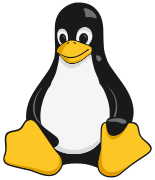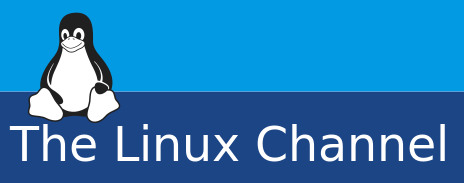NEWS 》 Weekly News Digest - Week 02 - July 2020
Linux Developers May Discuss Allowing Rust Code Within The Kernel
Nick Desaulniers of Google, who is known for his work on LLVM Clang'ing the Linux kernel and related efforts, is wanting to bring up the matter
of in-tree Rust support for the kernel. The extent though of allowing Rust within the kernel isn't clear yet but would likely be very limited.
Read More

Linux Kernel Raising Compiler Build Requirement To GCC 4.9
Linus Torvalds has decided to up the compiler build requirement for the Linux kernel to GCC 4.9. Recently the compiler requirement was
upped to GCC 4.8 while as a late change for Linux 5.8 is now bumping the base compiler version supported to GCC 4.9.
Read More

Linux kernel developers: This new BLM coding style avoids words like blacklist
Key Linux kernel maintainers have largely welcomed a new proposal by Intel engineer and fellow kernel maintainer Dan Williams to
introduce inclusive terminology in the kernel's official coding-style document.
Read More

Google is teaming up with Ubuntu to bring Flutter apps to Linux
Flutter is Google's cross-platform application framework that allows developers to create responsive apps for Android, iOS, and even macOS. The toolset has already been used by countless applications, including the mobile Stadia app, and now Google is teaming up with Ubuntu Linux to bring Flutter apps to desktop Linux.
Read More

Premio Unveils Intel 9th Gen Industrial Motherboard For Advanced Embedded And IoT Solutions
CT-MCL01 MicroATX motherboard Enhanced Power Drives Computing Performance, Reliability, and Security for Industry 4.0 Applications
Read More


Zstd'ing The Kernel Might See Mainline With Linux 5.9 For Faster Boot Times
It looks like the long ongoing work for compressing the Linux kernel image with Zstd might finally soon be mainlined, potentially for next month's
Linux 5.9 cycle kicking off as the "v6" patches sent out this week were done as a Git pull request.
Read More

Linux 5.9 To Bring Arm Memory Tagging Extension Support
The 64-bit ARM code building up for the Linux 5.9 cycle is set to mainline Memory Tagging Extension (MTE) support as another security improvement
inbound. The Memory Tagging Extension (MTE) of the ARMv8.5-A specification is intended to help fend off potential memory safety violations that
could lead to exploits of the system. MTE has the mechanism with supported hardware to detect the most common memory safety violations and can
assist in detection of vulnerabilities.
Read More

Suggested Topics:
Join The Linux Channel :: Facebook Group ↗
Visit The Linux Channel :: on Youtube ↗
💗 Help shape the future: Sponsor/Donate
Tópicos recomendados:
Featured Video:
Trending Video:

Thursday' 01-Sep-2022
Recommended Video:









